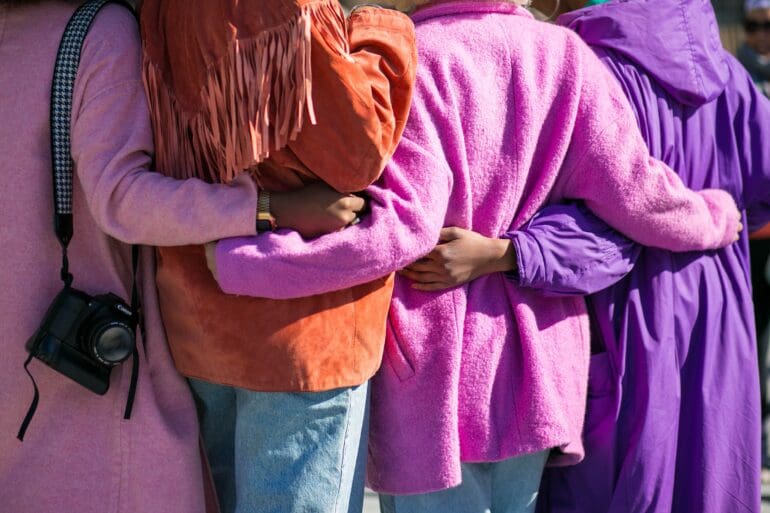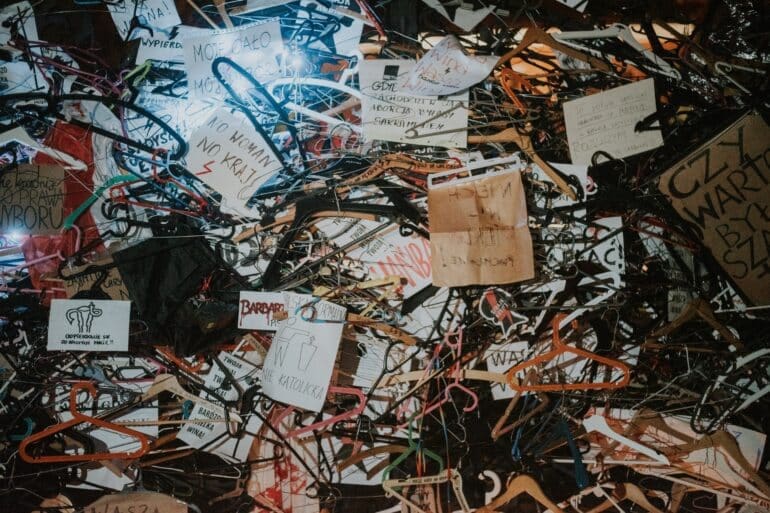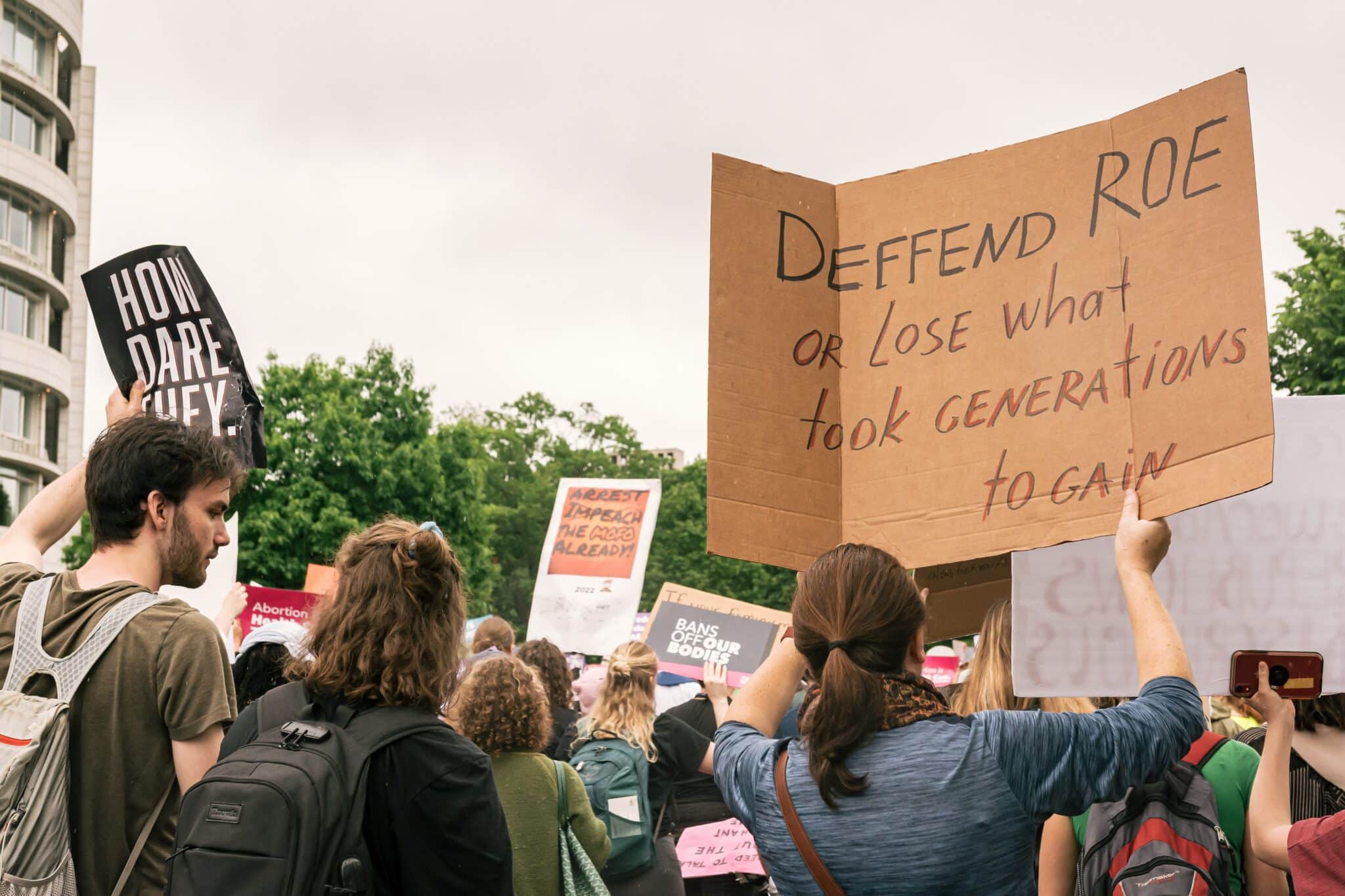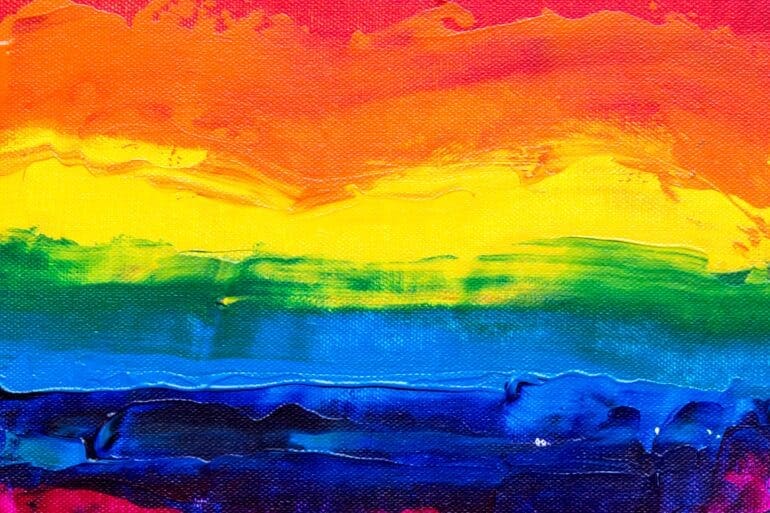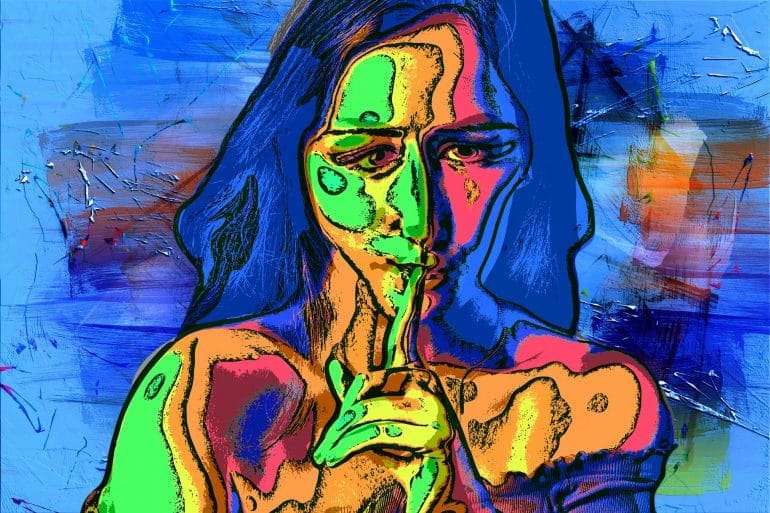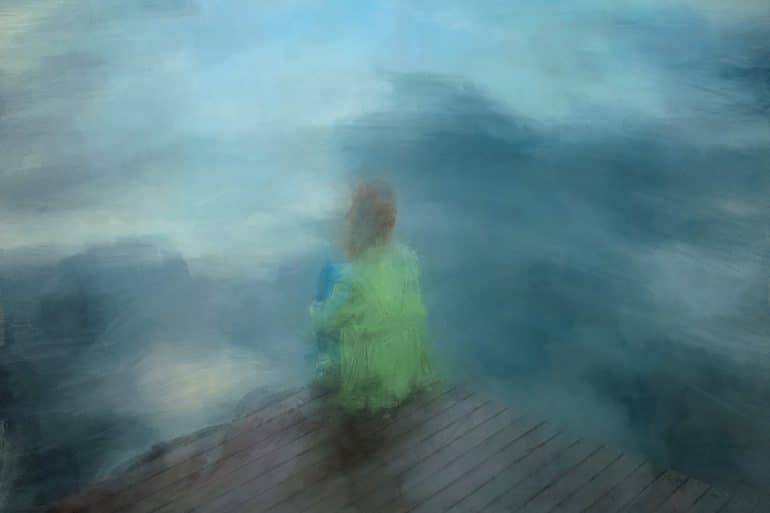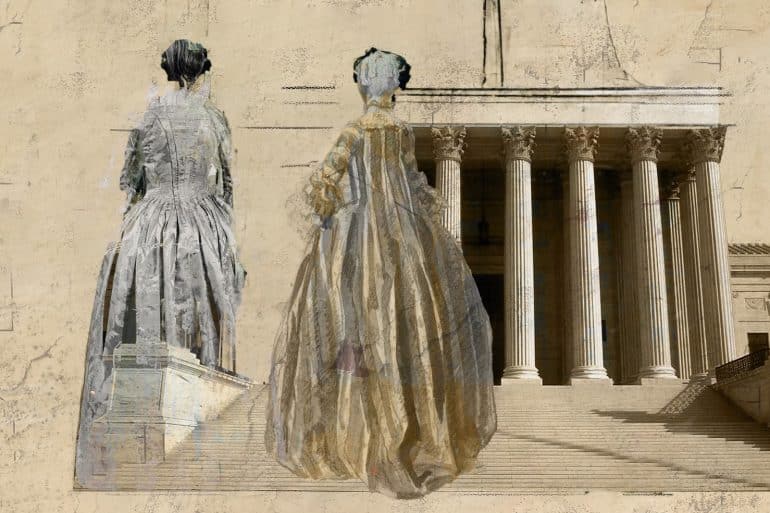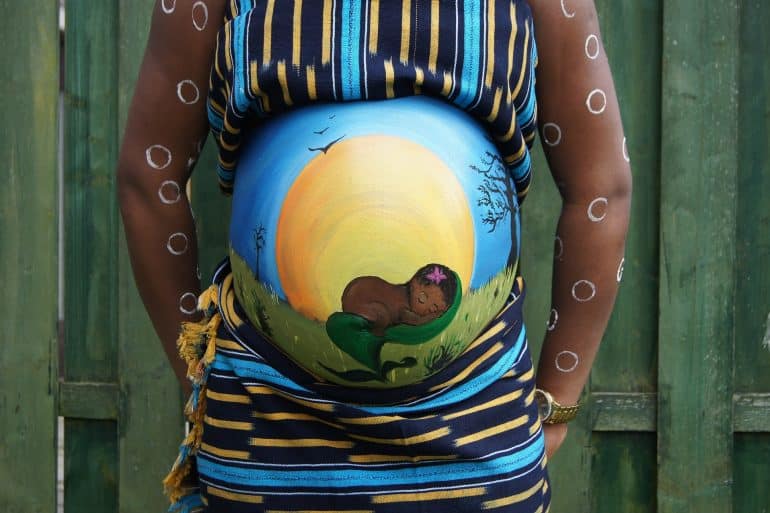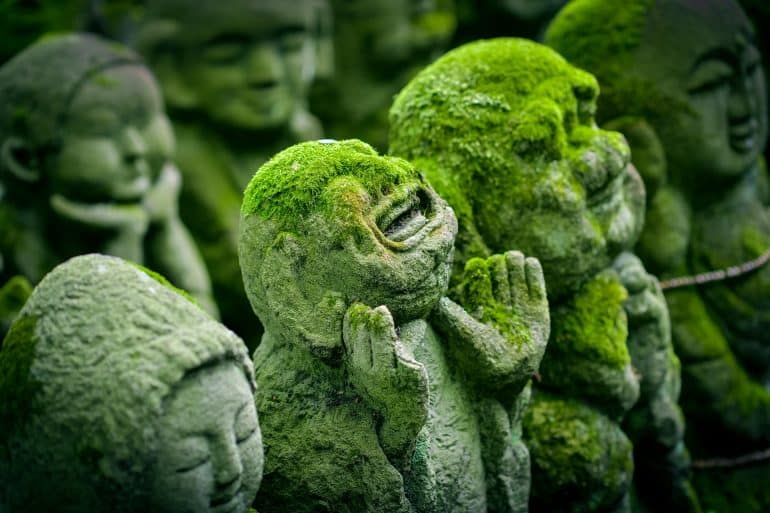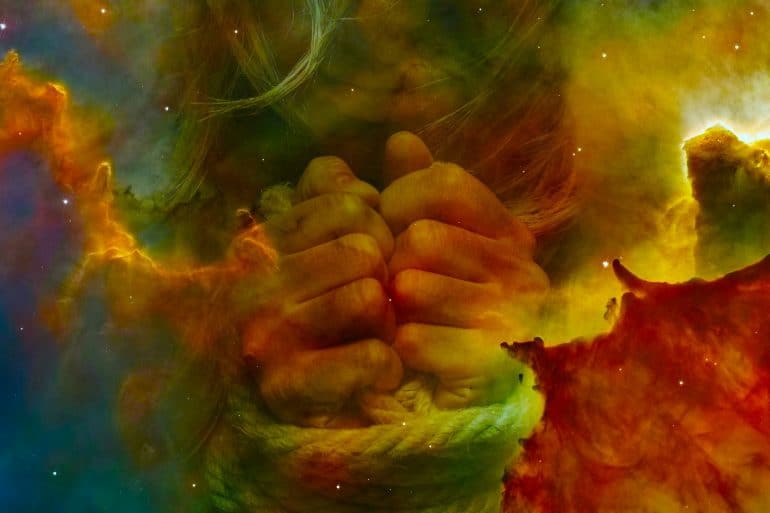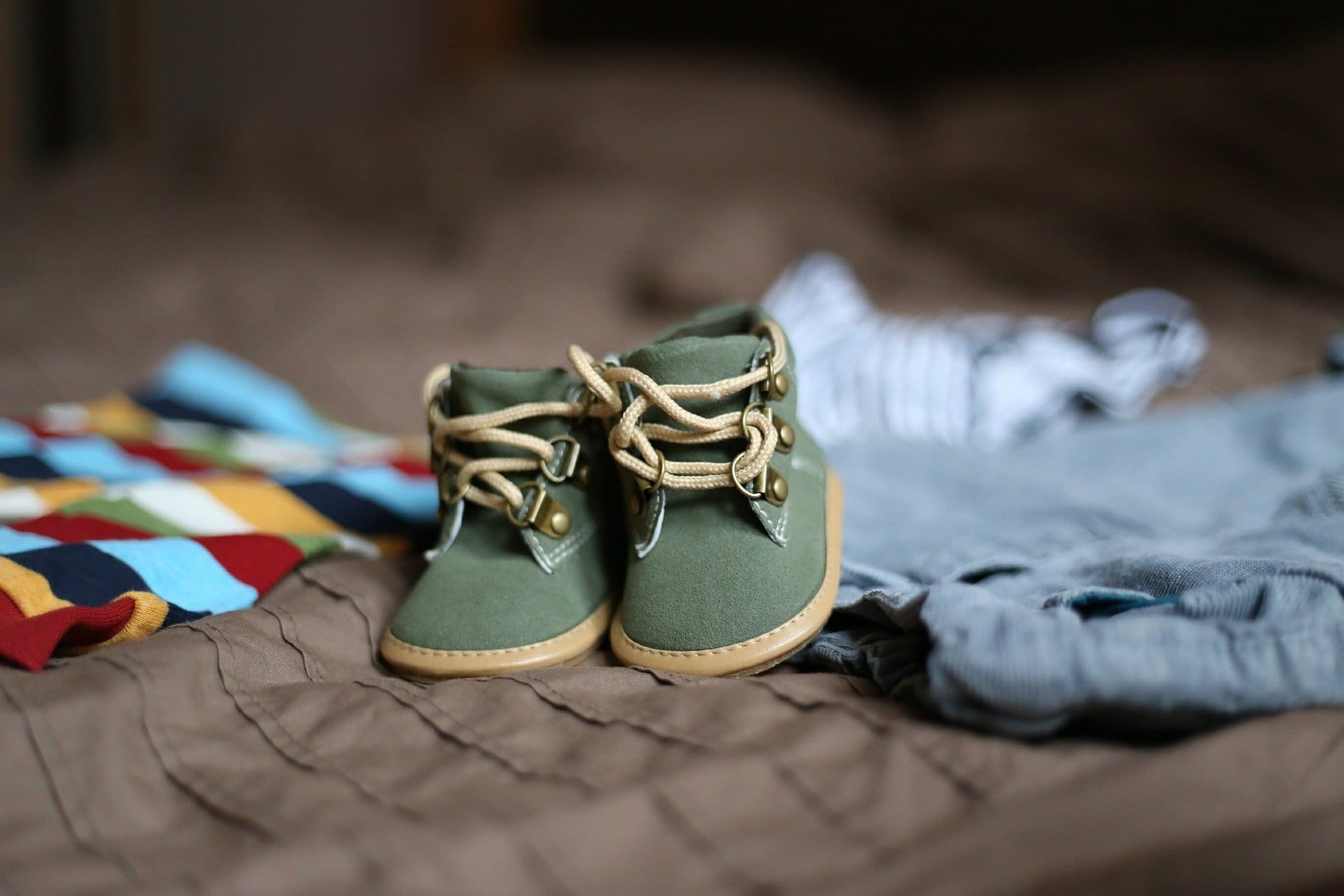In this story I shifted my attention to the young woman –a nurse or a volunteer– who sat beside me and held my hand throughout abortion.
My essay tells my life story in relation to a specific moment in the history of American women’s access to abortion and reproductive justice.
This collection of poems is a glimpse into the lives lived on the margins, where the laws put in place to protect basic rights and bodily autonomy cease to apply.
The process of seeking pregnancy alone (by necessity, not choice) showed me how limited reproductive rights in the U.S. truly are—even before the recent loss of Roe vs. Wade, that policy that had so shaped my generation’s belief in our bodily autonomy.
"This is an autoethnographic narrative where I use my own marriage to tell a story about love, bodily autonomy, acceptance and illness."
"My poems for this special issue seek to document a history of my choice, not just personally but humanly, to use autoethnography to weave through the personal and the political."
Richard Stimac·
All ContentAutoethnodramaAutoethnographic Literary FictionBodily Autonomy Special Issue, 2022-23Special Issues
··23 min read"In this autoethnodrama, a woman terminates a pregnancy without telling her husband."
"Combining autoethnography and artwork, Supreme Justice aims to reveal the persistence of institutionalized oppression of women through history."
"This autoethnographic poetry is born of my personal experience, witness, as well as currently chronicled and ancestral lore."
"I write at length about my experiences surviving rape and abuse as a Western woman in Japan. I was lucky to get out alive."
"This essay on bodily autonomy specifically discusses abortion access and rights in the United States and Canada, and the politics that often follow."
Catherine Berresheim·
All ContentAutoethnographic Literary NonfictionAutoethnographic WritingBodily Autonomy Special Issue, 2022-23Special Issues
··14 min readLEARN MORE “Bodily Autonomy: A Fetus for a Fetus” explores the cultural...


